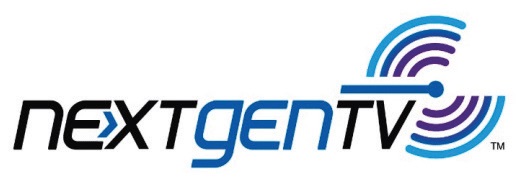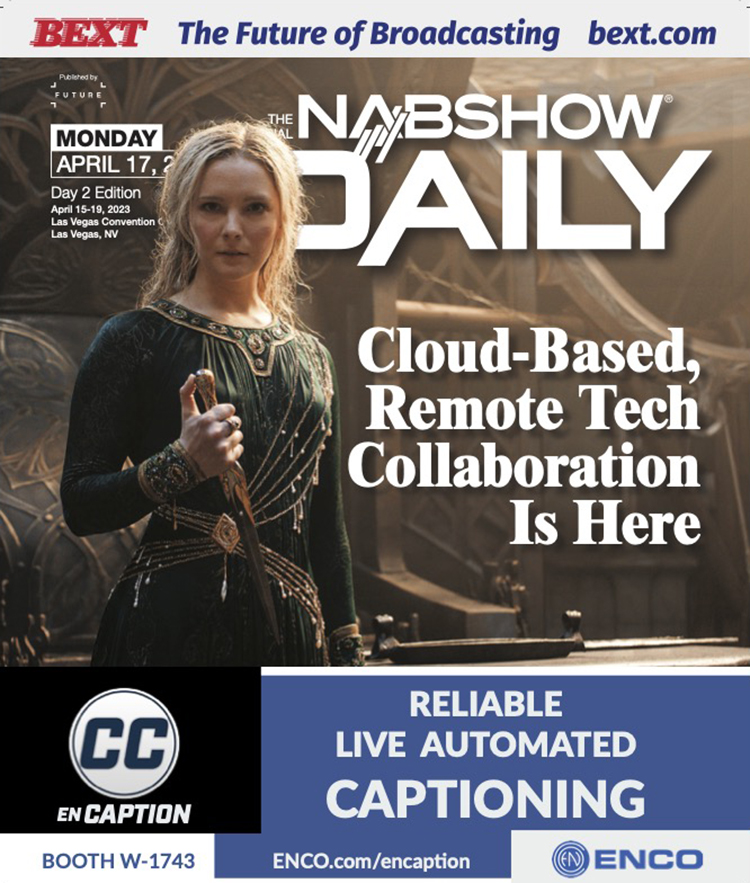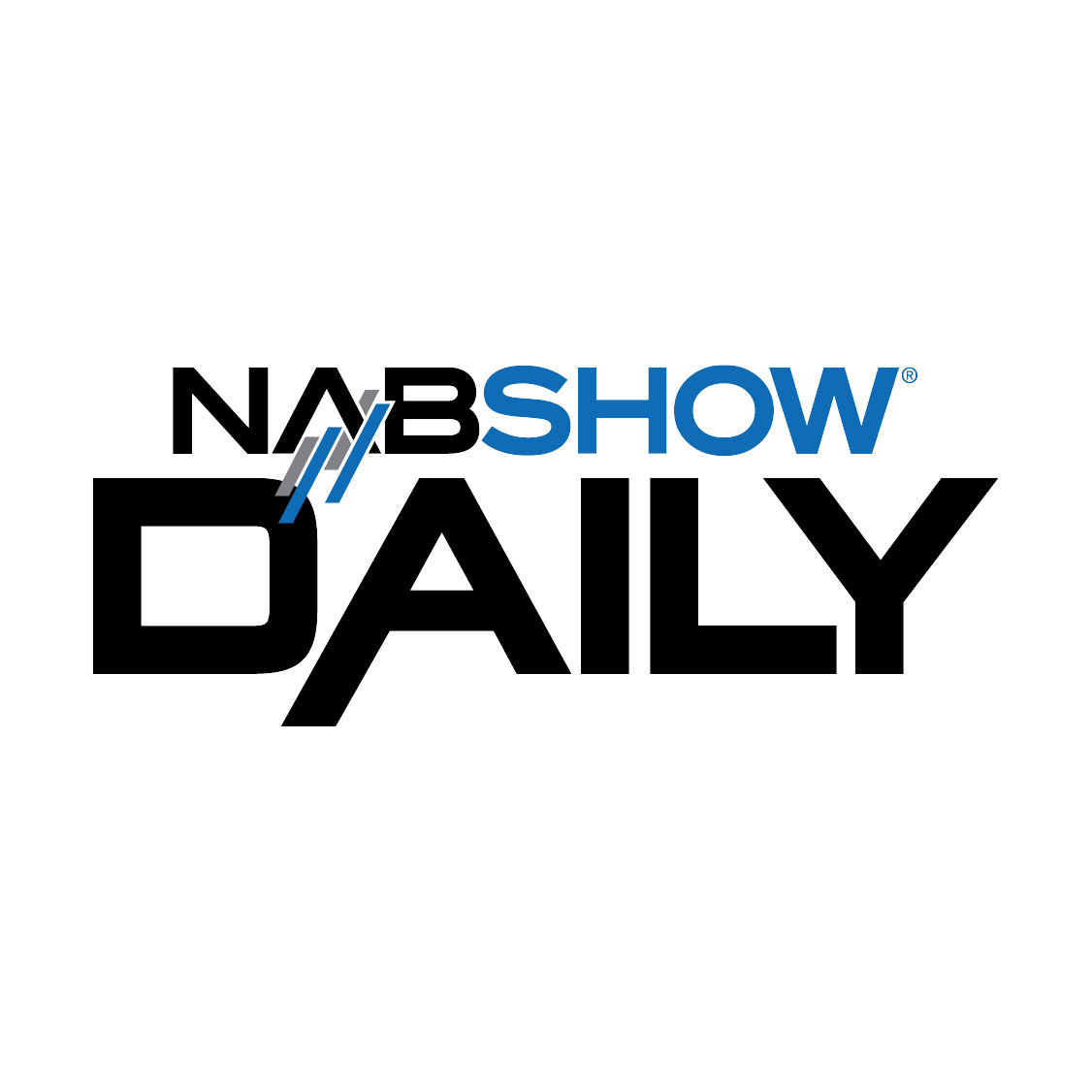
Consumers are purchasing 3.0-enabled receivers in increasing numbers
BY James E. O’Neal, TV TECHNOLOGY
NextGen TV — also known as ATSC 3.0 — is poised to replace the existing US digital television delivery system. This new form of hybrid over-the-air and broadband-connected TV is now available in many US television markets, and new launches are happening with increasing frequency. Consumers are becoming aware of what this new technology can deliver and are purchasing 3.0-enabled receivers in increasing numbers as manufacturers offer more and more models in all price ranges.
Television broadcasters who have yet to put NextGen TV on the air need to prepare by taking advantage of the numerous ATSC 3.0 happenings here at NAB Show. Broadcasters who have already launched this form of television will want to explore the latest in 3.0 gear and learn about implementing non-traditional TV broadcast services that come with NextGen TV.
The ATSC booth (W3443) is in the West Hall, where attendees can explore exhibits from a variety of ATSC 3.0 promoters and sponsors, including the Sinclair Broadcast Group, Tata Communications, Pearl TV and Gaian Solutions. Knowledgeable staffers are on hand to answer questions about launching NextGen or adding features to an existing service.
The ATSC is also showcasing a new initiative surrounding inter-tower connectivity for lowering costs of single-frequency network transmission systems (SFNs) for broadcasters interested in using this 3.0-facilitated technology to extend signal coverage.
“The goal of the Tower Network Implementation Team (TN-IT) is to design, implement, test, validate and demonstrate the Inter-Tower Communications Network (ITCN) and In-band Distribution Link (IDL),” said ATSC President Madeleine Noland. “IDL is a one-way distribution system that will provide the program feed to SFN towers like an ordinary STL. The ITCN may additionally distribute broadcast internet data.”
You’ll also find ATSC 3.0 equipment with more features on the exhibit floor this year. And as noted by Dave Folsom, engineering lead at Pearl TV, price tags are lower.
“Manufacturers of ATSC 3.0 transition equipment have reduced prices as they’re selling more of it now,” said Folsom. “Transmission equipment is now available in the approximate $200K price range that will support about five services. All-in-all, the barriers for getting 3.0 on the air have never been lower.”
Learn More About NextGen TV

In addition to the NextGen TV displays and new 3.0 equipment demos, this year’s show offers plenty of NextGen TV educational opportunities.
Today’s “Ask The FCC” session, 3 p.m., is an open discussion on “hot topic” issues by members of the Commission’s Media Bureau and is certain to include NextGen TV. Although great strides have been made, there’s still a lot to do before the 3.0 transition is completed. Have your NextGen TV questions ready for this knowledgeable team.
Tuesday features several ATSC 3.0 events, including a 10 a.m. panel discussion “C-Suite Insights: Monetizing NextGen Broadcast” with Pat LaPlatney from Gray Television, Chris Ripley from the Sinclair Broadcast Group and Adam Symson from the E.W. Scripps Co. It’s moderated by TVNewsCheck’s Michael Depp, who shares his thoughts about how broadcasters should be positioning themselves in the rapidly changing television landscape.
“As cord cutting continues and retrans cools, responsible broadcasters have to turn their attention to new forms of revenue to sustain themselves, and ATSC 3.0’s potential remains most important among them,” said Depp. “NextGen TV’s addressable advertising and datacasting hold great promise. We’ll tease out details over when they most likely will bear fruit in this panel discussion.”
The session is followed by “Forecasting NextGen TV Regulations” at 11:30 a.m., which examines the FCC’s place in easing the path for a full ATSC 3.0 transition. It’s moderated by Patrick McFadden, the NAB’s associate general counsel, who offered these comments:
“The ATSC 3.0 transition is reaching a critical inflection point. While we have made great progress in launching the standard in dozens of markets reaching more than half the U.S. population to date, broadcasters are continuing to work on bringing 3.0 to new markets and delivering innovative services in markets they have launched. This panel will discuss the regulatory obstacles the ATSC 3.0 transition faces, what actions are needed in the near- and medium-term and what’s next for broadcasters and their viewers in the coming years.”


